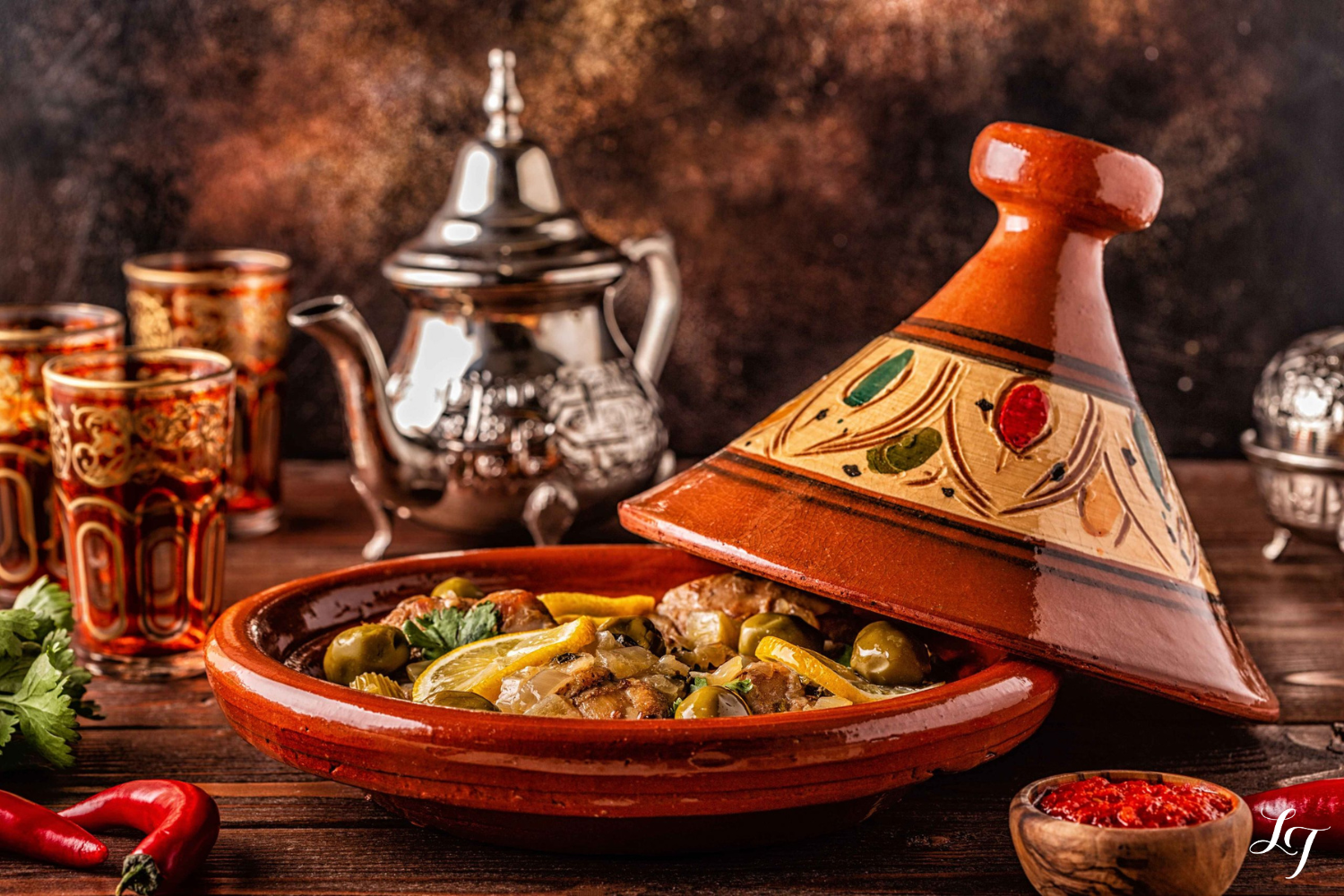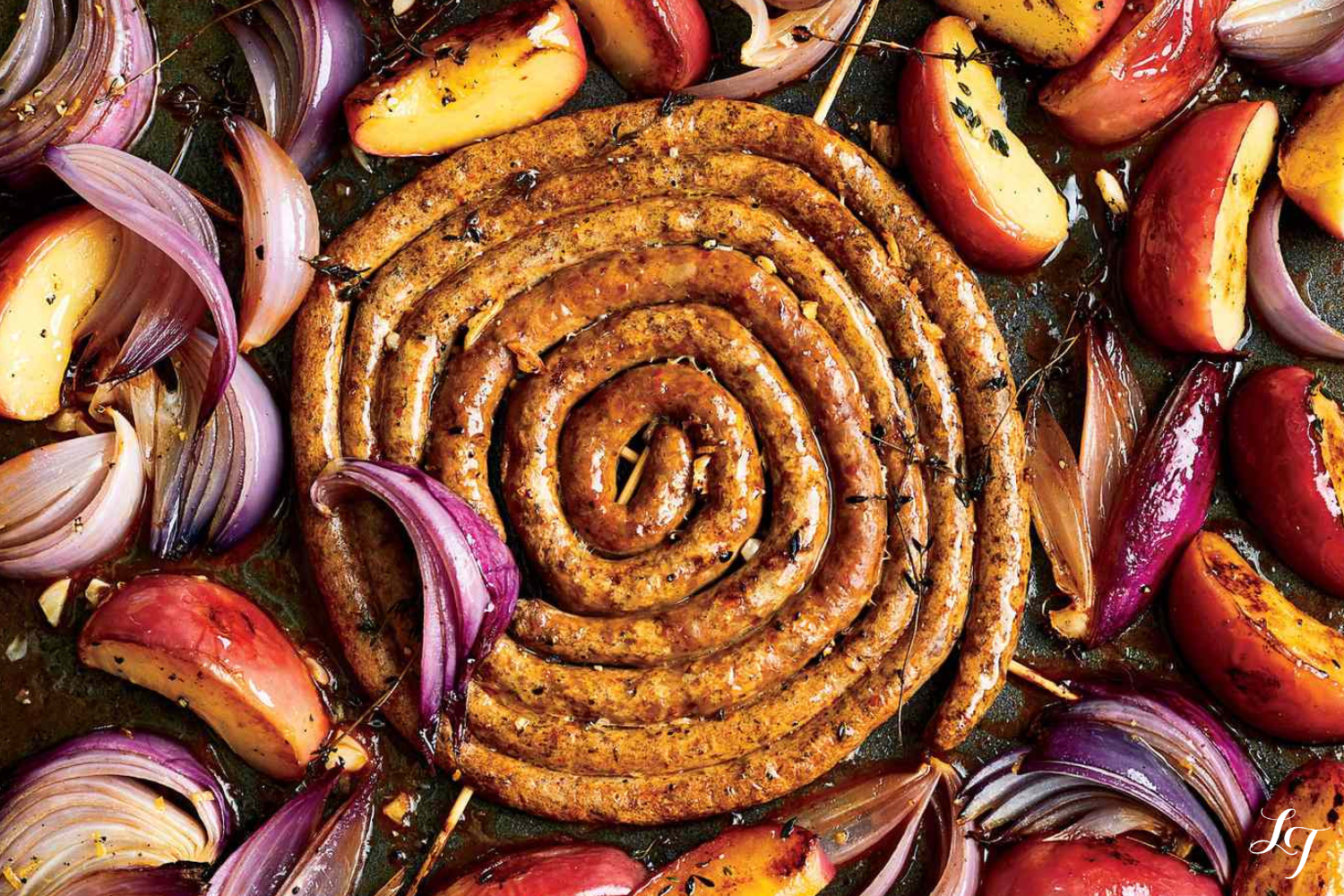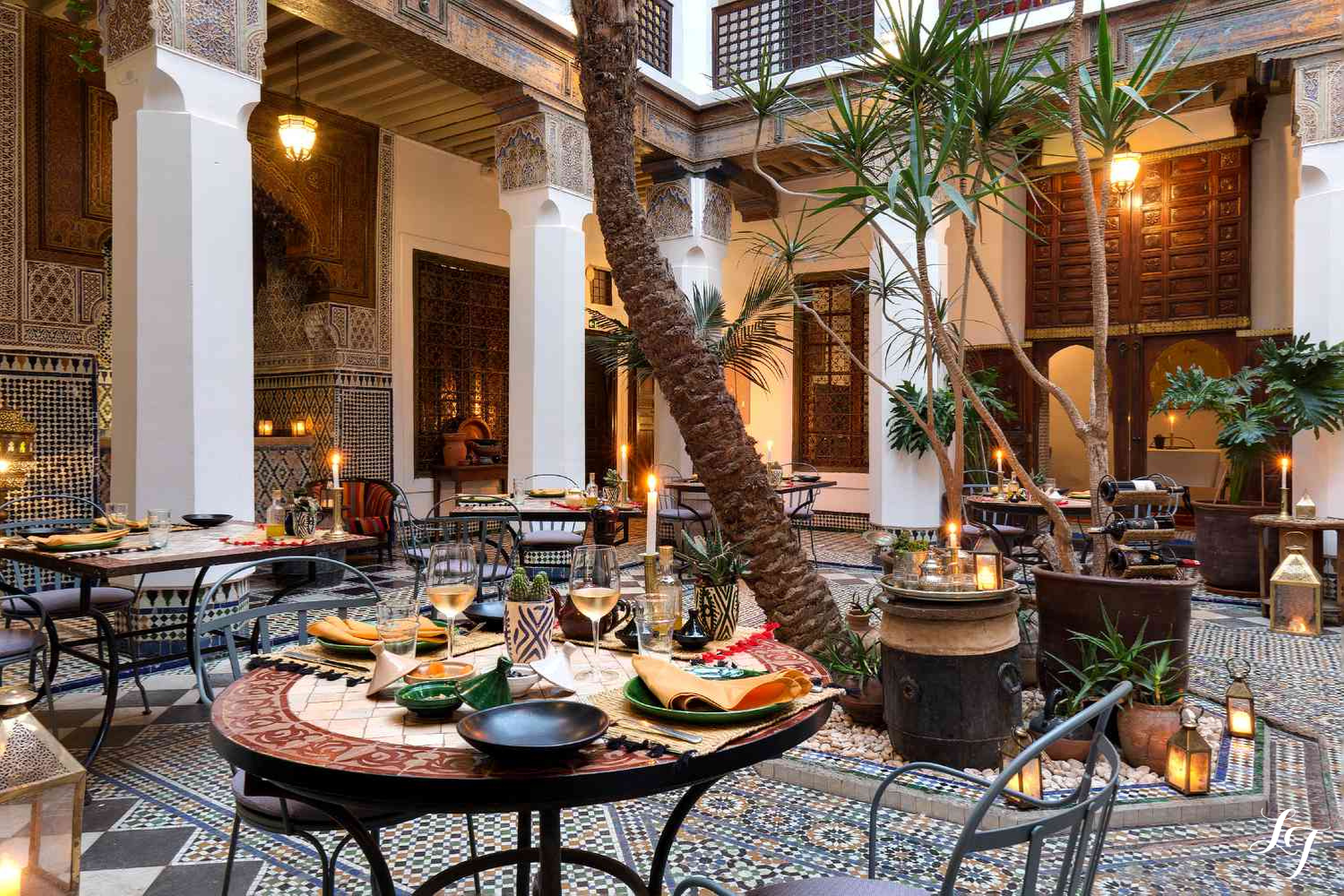A Moroccan Culinary Journey for Queer Women Travelers
Morocco is a feast for the senses, from the rhythmic calls of the medina to the dazzling colors of spice markets. For queer women travelers, the magic of this country isn’t only in its sights and sounds. It’s also found at the table, where food becomes a language of connection, comfort, and belonging.
Moroccan cuisine isn’t just delicious. It’s a cultural handshake, a way to connect with locals, fellow travelers, and the heart of the country itself. Whether you’re savoring a fragrant tagine or sipping mint tea at a queer-friendly café, food here is both nourishment and affirmation.
Tagine: More Than a Dish
This slow-cooked stew, often made with lamb, chicken, or vegetables, takes its name from the earthenware pot it’s prepared in. Spiced with cumin, saffron, and cinnamon, every bite tells a story of Morocco’s history and diversity.
Travel Tip: Seek out women-owned or LGBTQ+ friendly eateries in cities like Marrakech and Essaouira. These spaces often welcome travelers warmly and may even introduce you to local queer communities over a shared meal.
Couscous Fridays: A Communal Tradition
Couscous is traditionally served on Fridays after prayers, topped with vegetables, chickpeas, and tender meats, and shared family-style. It’s more than a meal; it’s an act of hospitality.
Inclusive Experience: Boutique riads and cooking schools sometimes host small-group couscous experiences where queer travelers can connect over culture and conversation.
Street Food: The Pulse of the Medina
From sizzling merguez sausages to sweet chebakia pastries, Moroccan street food is an adventure in itself. Wandering through Jemaa el-Fnaa in Marrakech at night offers not just flavor, but music, laughter, and life all around you.
Safety Note: While public displays of affection are generally avoided, enjoying food markets side-by-side with a partner is comfortable in busy tourist areas.
Mint Tea: Morocco’s Welcome in a Glass
Sweet, aromatic mint tea is the country’s signature drink, poured high and with flair. It’s more than refreshment; it’s a symbol of friendship and respect.
Connection Tip: Queer-friendly cafés in larger cities often pair mint tea with live music or art, creating safe and welcoming spaces for cultural exchange.
Final Serving
Moroccan cuisine is an open invitation to savor, to connect, and to share. For queer women travelers, every bite is a reminder that joy and community are universal languages. Meals become bridges, and each shared table is a story waiting to unfold.
✨ Ready to taste Morocco for yourself? Join a Ladies Touch Group Trip and discover the country’s flavors, colors, and connections with a community that celebrates you.




